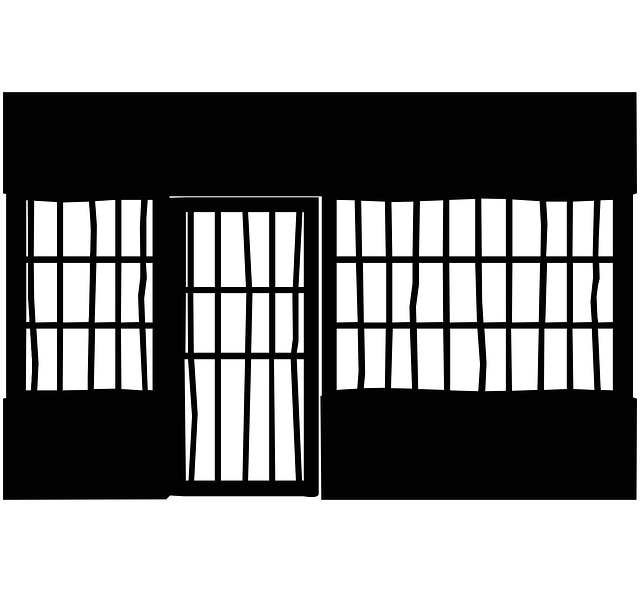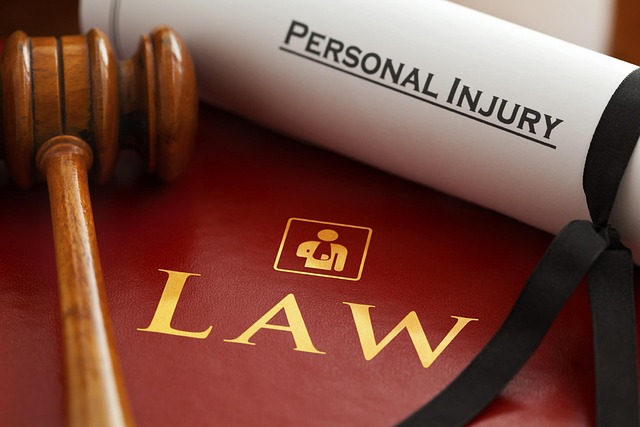High-risk DUI offenders pose a challenge for crime prevention and rehabilitation due to addiction and legal consequences. Corporate DUI Awareness Workshops educate employees about risks, help identify high-risk individuals early, and reduce reoffending by fostering responsible corporate cultures that prioritize safety both on and off the job. These workshops break the cycle of reoffending, empower individuals through education and peer support, and create positive corporate environments.
High-risk reoffenders pose a significant challenge to society, with corporate DUI incidents adding complexity. This article delves into understanding these individuals, their impact on businesses, and the broader community. We explore strategies for prevention, intervention, and rehabilitation, emphasizing the role of corporate culture in fostering safety. Key topics include effective Corporate DUI Awareness Workshops, building supportive environments, and transforming high-risk individuals into productive members of society.
- Understanding High-Risk Reoffenders
- The Impact of Corporate DUI Incidents
- Corporate Culture and Responsibility
- Strategies for Prevention and Intervention
- Effective Rehabilitation Programs
- Building a Safe and Supportive Environment
Understanding High-Risk Reoffenders

High-risk reoffenders, particularly those with a history of DUI (driving under the influence), pose a unique challenge in terms of crime prevention and rehabilitation. These individuals often find themselves caught in a cycle of addiction, legal consequences, and subsequent reoffending. Understanding this demographic is crucial for developing effective strategies to break the cycle.
Corporate DUI Awareness Workshops play a vital role in educating both employees and employers about the risks associated with alcohol-impaired driving. By raising awareness, these workshops can help identify high-risk individuals within organizations. Early detection enables companies to offer support, treatment, or intervention programs, ultimately reducing the likelihood of reoffending. This proactive approach ensures that corporate cultures foster responsibility and safety on and off the job.
The Impact of Corporate DUI Incidents

Corporate DUI incidents can have profound and wide-reaching impacts, transcending individual lives to affect company reputations and even industry standards. When an employee is involved in a driving under the influence (DUI) incident, it not only carries legal consequences but also reflects poorly on their employer. This can lead to damaged corporate images, lost trust from clients and stakeholders, and potential regulatory sanctions. In response, many companies are now prioritizing Corporate DUI Awareness Workshops as essential tools for risk mitigation and cultural transformation.
These workshops serve multiple purposes, aiming to educate employees about the dangers of impaired driving, establish clear policies, and foster a culture of accountability. By increasing awareness, these sessions empower individuals to make responsible decisions and encourage peer support in difficult situations. Moreover, they reinforce the company’s commitment to safety and ethical conduct, potentially reducing future incidents and fostering a positive corporate environment.
Corporate Culture and Responsibility

In the context of high-risk reoffenders breaking the cycle, corporate culture and responsibility play a pivotal role. Organizations must move beyond mere compliance and embrace a proactive approach to crime prevention. This involves fostering a culture that prioritizes safety, accountability, and support for employees—especially those who may be at higher risk of reoffending due to past legal issues like DUI (driving under the influence). Regular Corporate DUI Awareness Workshops can serve as an effective tool to educate staff about the risks, consequences, and available resources related to alcohol-related offenses.
By integrating these workshops into company policies, businesses can contribute to breaking the cycle of reoffending. They can empower employees with knowledge, provide support systems, and encourage open dialogue about challenging topics such as addiction and mental health. Ultimately, a corporate culture that takes responsibility for its employees’ well-being can significantly reduce recidivism rates and create a safer, more supportive work environment.
Strategies for Prevention and Intervention

Strategies for prevention and intervention are vital in breaking the cycle of high-risk reoffenders. One effective approach is to implement comprehensive Corporate DUI Awareness Workshops. These workshops aim to educate employees about the dangers of alcohol-impaired driving, fostering a culture of responsibility and accountability. By simulating real-life scenarios and providing interactive training, organizations can empower their workforce to make informed decisions and discourage risky behavior.
Additionally, early intervention programs targeted at at-risk individuals can prove beneficial. These initiatives should focus on identifying potential reoffenders, offering counseling, and providing alternative solutions to address underlying issues. Collaboration between law enforcement, rehabilitation centers, and community support groups is key to implementing successful prevention strategies, ensuring a multi-faceted approach to disrupt the cycle of reoffending.
Effective Rehabilitation Programs

Breaking the cycle of reoffending requires structured and effective rehabilitation programs tailored to address the unique needs of high-risk individuals. One promising approach is incorporating education and awareness sessions, such as Corporate DUI Awareness Workshops, into the rehabilitation process. These workshops not only educate participants about the dangers of substance abuse but also foster a sense of accountability and personal growth.
By engaging professionals who specialize in corporate wellness and addiction prevention, these workshops can provide valuable insights into managing triggers, recognizing signs of relapse, and adopting healthier coping mechanisms. Incorporating such initiatives demonstrates a proactive approach to rehabilitation, empowering individuals to take ownership of their recovery and reduce the likelihood of future offenses.
Building a Safe and Supportive Environment

Creating a safe and supportive environment is a cornerstone in breaking the cycle of high-risk reoffenders. This involves more than just physical security; it encompasses fostering an atmosphere of understanding, empathy, and encouragement within communities and corporate settings alike. For instance, Corporate DUI Awareness Workshops play a vital role in promoting responsible behavior by educating employees about the impact of alcohol and substance abuse, reducing the risk of impaired decision-making that could lead to criminal activity.
Such workshops not only increase awareness but also serve as platforms for open dialogue, where participants can share experiences and learn from one another. This supportive environment encourages individuals to take responsibility for their actions and make positive changes in their lives, ultimately breaking free from the cycle of reoffending and reintegrating into society successfully.
Breaking the cycle of recidivism among high-risk reoffenders requires a multifaceted approach. By understanding the nuances of corporate DUI incidents, acknowledging the role of organizational culture, and implementing robust prevention strategies, companies can foster a safe and supportive environment. Effective rehabilitation programs tailored to address underlying issues are key to long-term success. Moreover, Corporate DUI Awareness Workshops play a vital part in cultivating a culture of responsibility and accountability, ultimately reducing high-risk reoffending rates.






